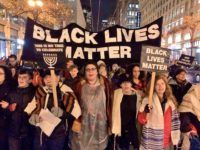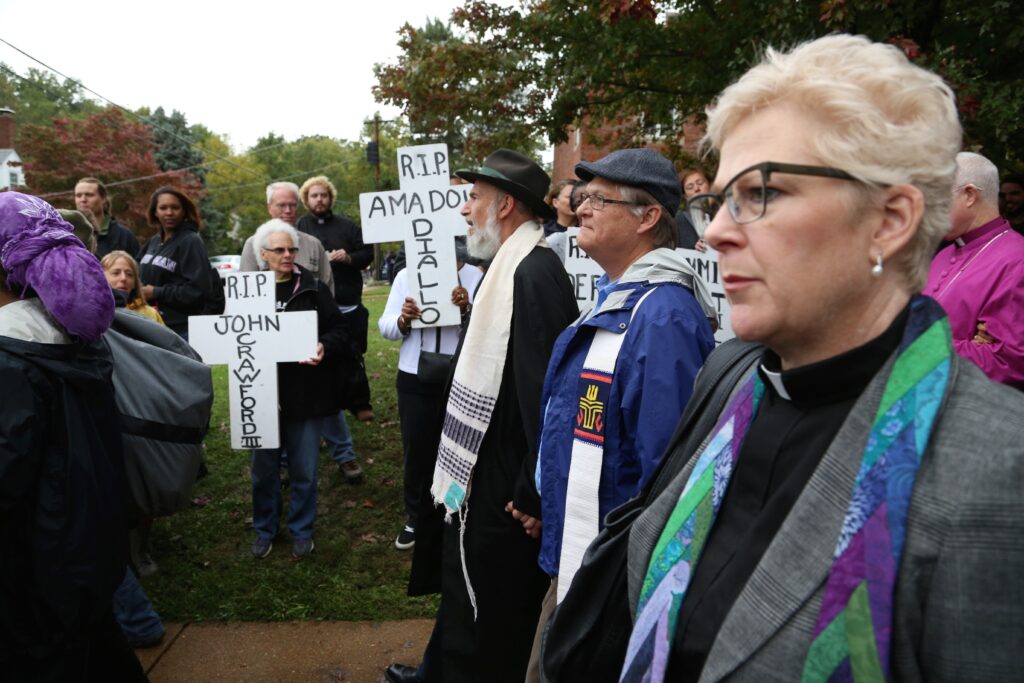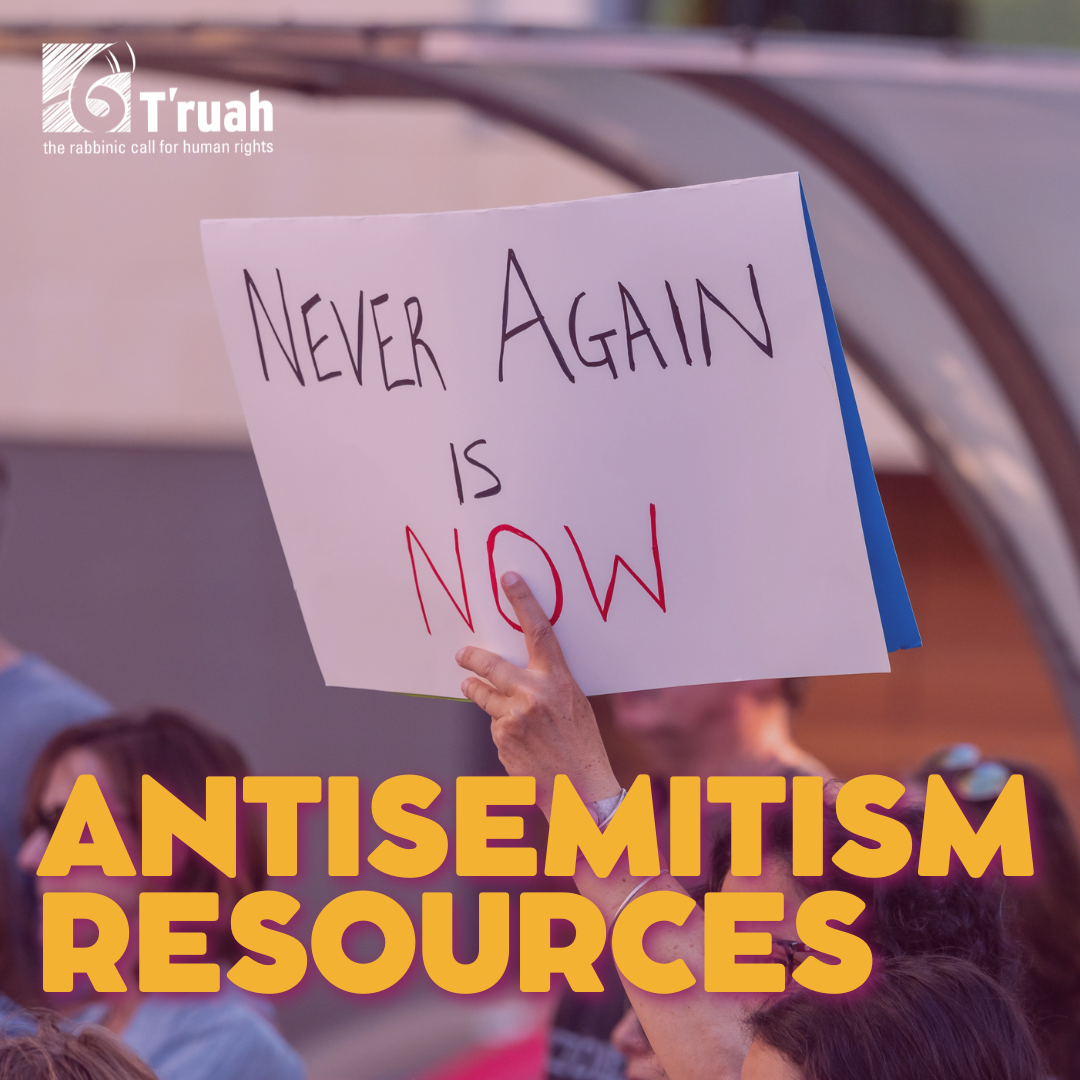Resources

Black Lives Matter: A Prayer
Inspired by Yehudah Amichai z”l and Rabbi Rachel Barenblat In memory of Mike Brown z”l, Eric Garner z”l, and many, many others Recited as part of a Pilgrimage of Lament Berkeley, CA 12/14/14 Dearest God, We stand before you because we must. We stand before You because truths that should...
more
A Prayer for Ferguson
Help us to lie down, Dear Lord our God, in peace, and let us rise again, to life… This summer, I heard that a young black man had been killed by a police officer. The sad thing is that I tuned the story out. I was too caught up in whatever I was doing to...
more

10 Rules for Engagement for White Jews Joining the #BlackLivesMatter Movement
"1. Show up. It's not too late to build relationships."
more
A Plan Devised Against Them: Oppression and Justice, Then and Now
A brief text study about the systemic nature of racial oppression, with thanks to Rabbi Michael Rothbaum.
more
How to Plan a Delegation to Wendy’s
Four of the five major fast food chains have joined the Coalition of Immokalee Workers (CIW)’s Fair Food Program. Who is the major holdout? Wendy’s, who has not only failed to join the program, but has actively chosen to move its tomato purchases out of Florida, where real changes are taking root. Since 2013, T’ruah has engaged with Wendy’s...
more
Writing a Campaign for Fair Food Op/Ed
A guide for Jewish leaders by the Coalition of Immokalee Workers and T’ruah: The Rabbinic Call for Human Rights. We hope this will inspire you to write an OpEd of your own. Since talking points often change, please email T’ruah for the most up-to-date language and for help with editing and placement.
more
Amplifying My ‘Still, Small Voice’ to Testify against Human Trafficking
Living and serving the Jewish community in a state capital has its advantages, the primary one of which is the proximity to government. As the rabbi at Temple Beth Hatfiloh in Olympia, Washington, I am keenly aware of what happens in the state legislature. In my case I have literal proximity, my synagogue is literally...
more
Fighting For Fair Food At the Trader Joe’s Headquarters
Note from T'ruah: Thanks to the pressure from CIW, T'ruah, and tens of thousands of allies, Trader Joe's joined the Fair Food Program in February, 2012. We include this d'var torah on our website as a reminder of how taking action on a campaign for justice can bring about lasting change.
more
Inspiration in Immokalee
I didn’t know what to expect when I went to visit the Coalition of Immokalee Workers this past February, with a delegation of rabbis organized by Rabbis for Human Rights. Since Dorshei Tzedek became involved with CIW’s Fair Food Campaign two years ago, I’ve learned that this farmworker organization has had remarkable success in getting...
more



